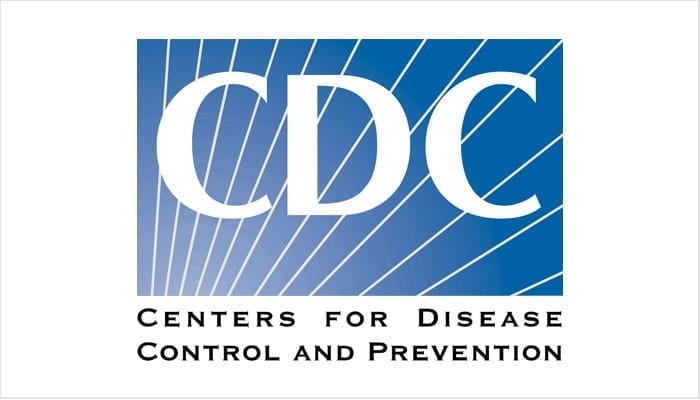The Centers for Disease Control and Prevention (CDC) and World Health Organization (WHO) initiated a cooperative agreement relationship in 1995 as an outgrowth of previous collaborations and as part of the CDC strategy to address emerging infectious diseases.
CDC entered into its current five-year cooperative agreement with the WHO on September 1, 2014. The agreement will end on August 31, 2019.
Over the years, these agreements have served as broad-scope umbrella agreements under which a wide variety of projects addressing emerging infectious diseases may be undertaken collaboratively.
In 2011, the U.S. federal government in and the WHO additionally signed a Memorandum of Understanding (MOU) to assist WHO Member States in strengthening their capacity to meet the requirements of the International Health Regulations. The MOU encourages CDC and WHO to pursue activities that improve the abilities of all nations to detect, report, and respond to infectious diseases quickly and effectively.
With the ongoing Ebola outbreak in West Africa, CDC has announced it will expand the cooperative agreement with WHO specifically for Ebola and other highly infectious diseases.
The support is geared at increasing capacity in Africa and globally for surveillance, epidemiological tracking, specimen and patient handling, laboratory testing, infection control, and other public health activities including vaccination campaigns.
Estimated total program funding is $100,000,000.


